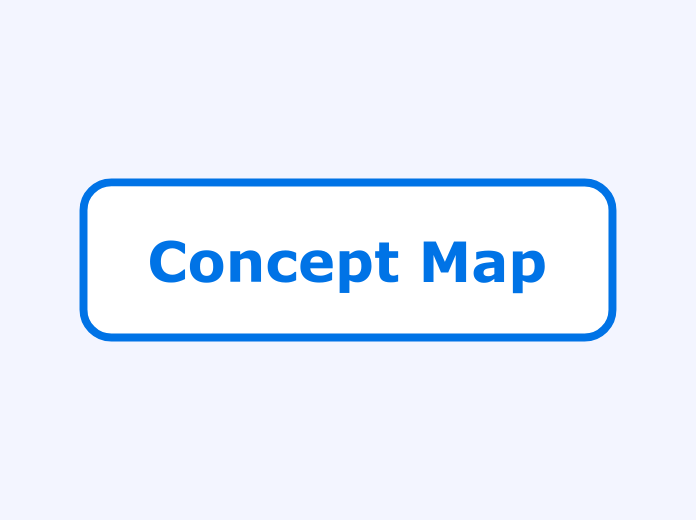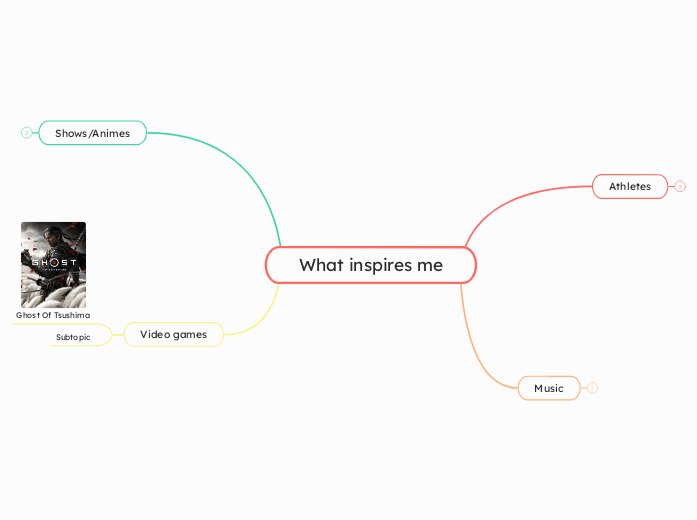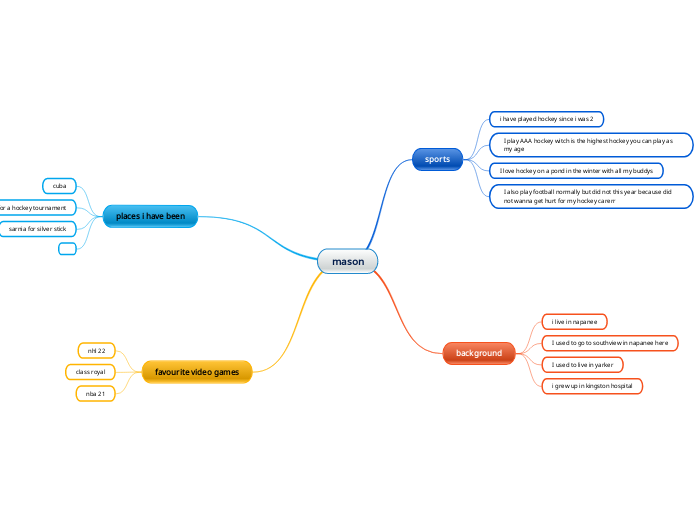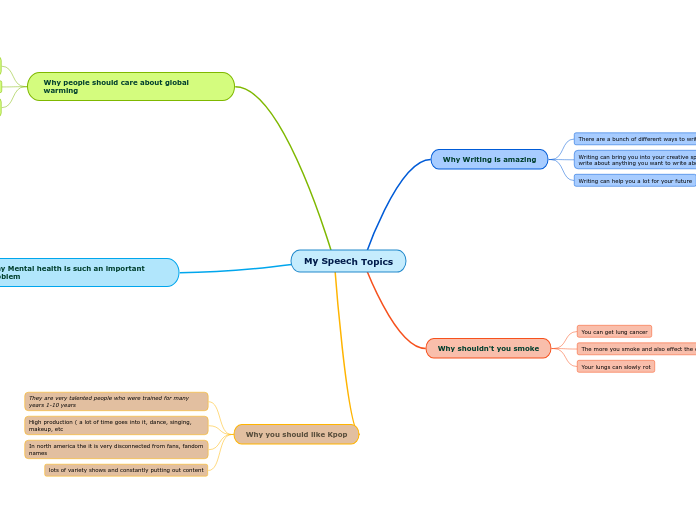jonka Owen Beaumont 2 päivää sitten
4
WA 2: Annotated Bibliography
Recent research highlights the therapeutic potential of video games like Minecraft for young people's mental health. The study in question explores how both casual and applied games can alleviate anxiety and enhance emotional resilience when played in moderation.









